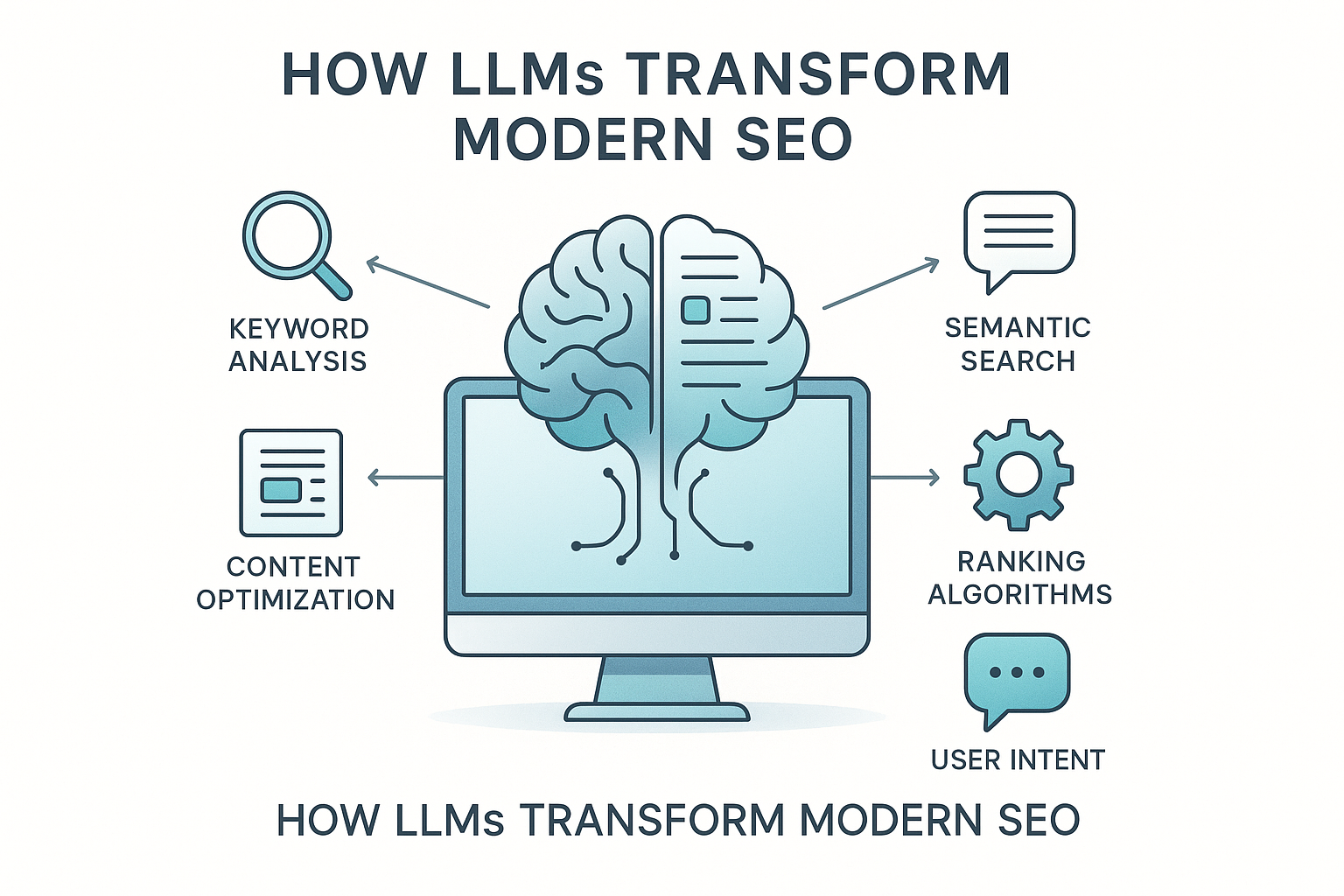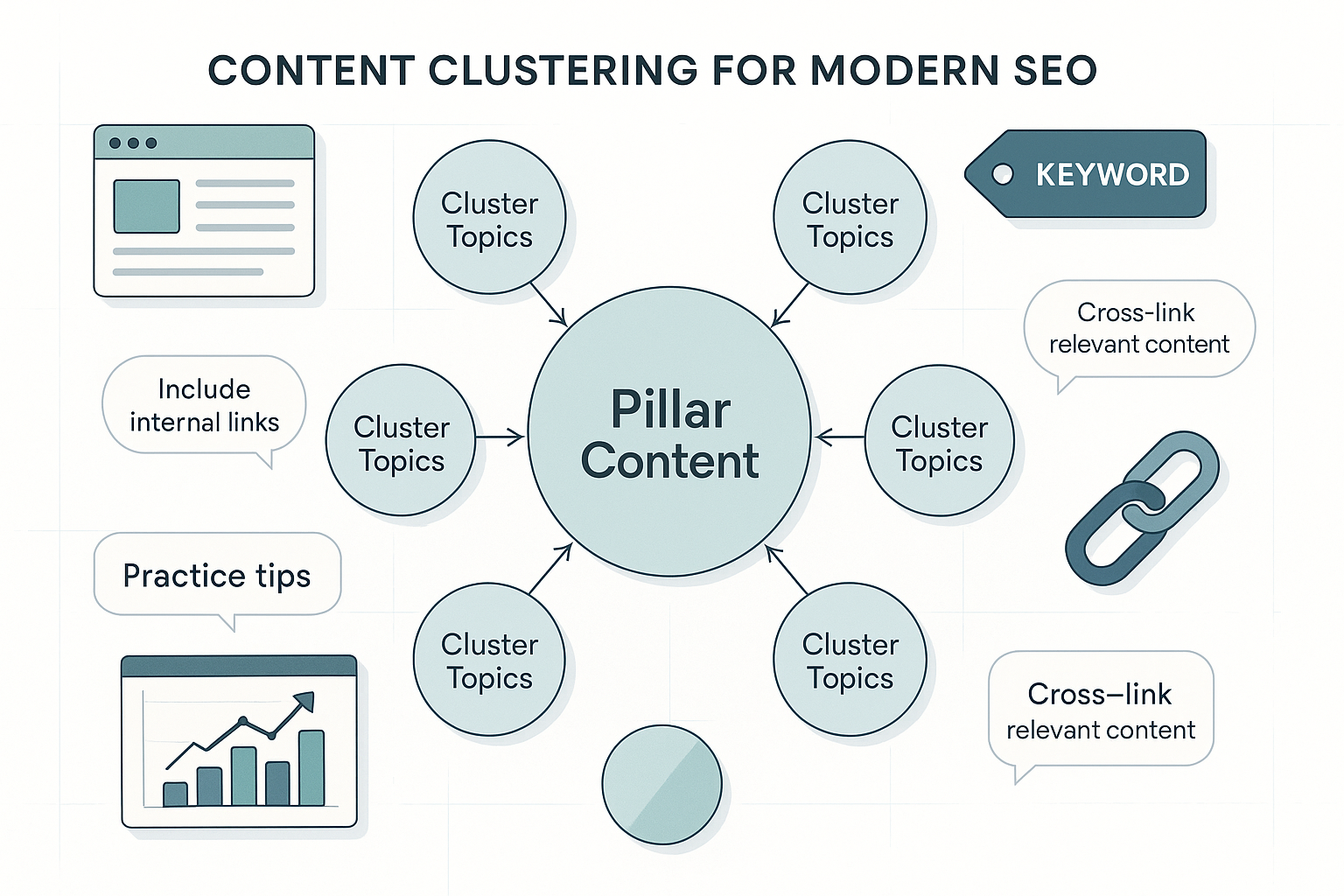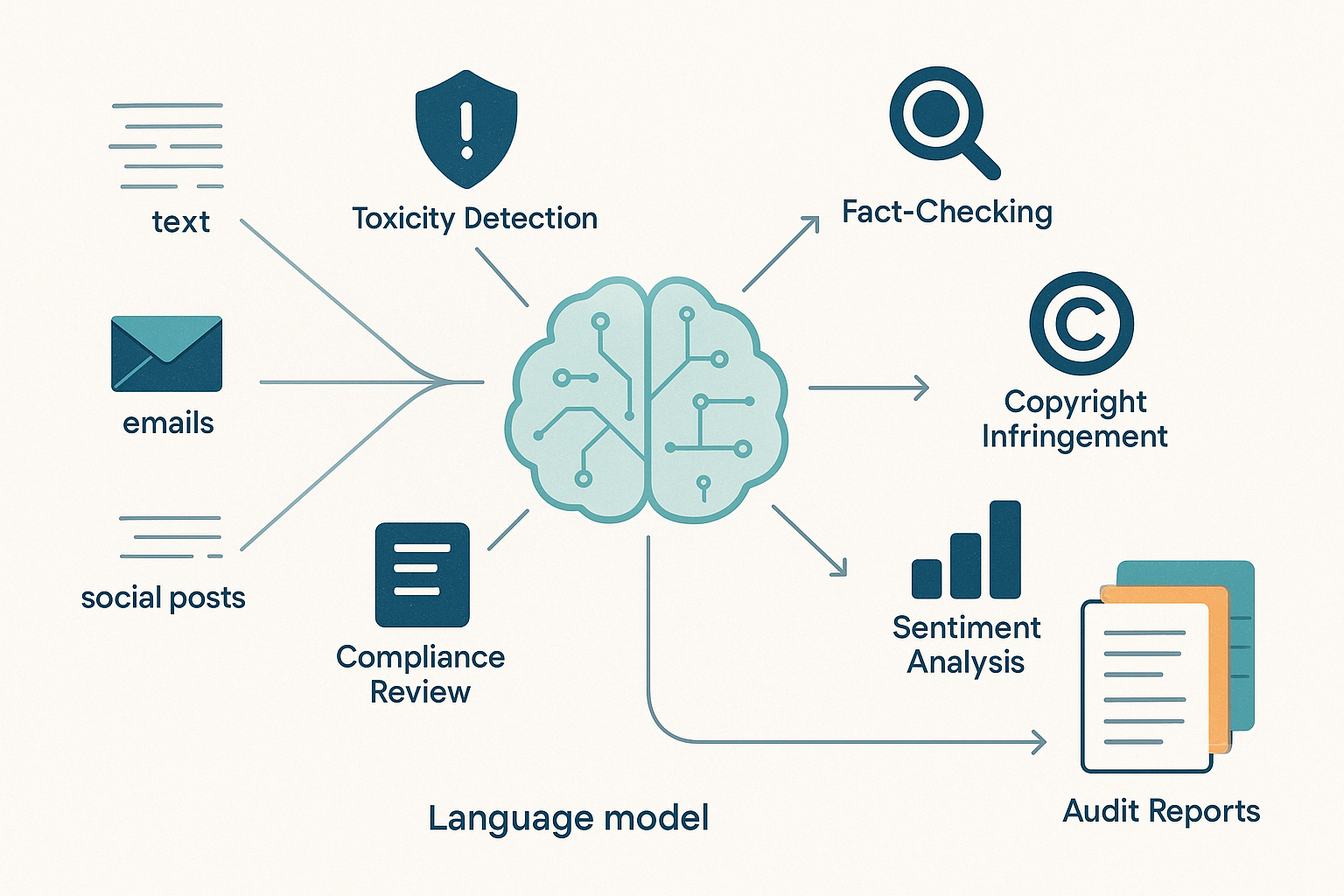Advanced on page SEO made simple.
Powered by POP Rank Engine™
Includes AI Writer
7-day refund guarantee
Machine learning (ML) has transformed various industries by enabling systems to learn from data and improve their performance over time. In the realm of Search Engine Optimization (SEO), ML plays a pivotal role in optimizing websites for better visibility and ranking on search engines. This guide delves into how machine learning influences SEO and how businesses can leverage it to enhance their digital presence.
Which is the best LLM for SEO content?
Get the full rankings & analysis from our study of the 10 best LLM for SEO Content Writing in 2026 FREE!

- Get the complete Gsheet report from our study
- Includes ChatGPT, Gemini, DeepSeek, Claude, Perplexity, Llama & more
- Includes ratings for all on-page SEO factors
- See how the LLM you use stacks up
Understanding Machine Learning and SEO
Machine learning is a subset of artificial intelligence (AI) that involves the development of algorithms that allow computers to learn from and make predictions or decisions based on data. In SEO, machine learning algorithms are used to analyze vast amounts of data, identify patterns, and make real-time adjustments to improve search engine rankings.
Machine Learning in Search Engine Algorithms
Search engines like Google use machine learning algorithms to refine their search results. Here are some key ways ML impacts SEO:
- RankBrain: Google’s RankBrain is an AI algorithm that helps process search queries. It uses machine learning to understand the intent behind queries and deliver more relevant results. RankBrain evaluates pages based on their relevance to the search query, user engagement, and other factors.
- Natural Language Processing (NLP): NLP algorithms help search engines understand and interpret human language more effectively. This enables better analysis of content quality, context, and user intent. Google’s BERT algorithm is a prime example of NLP in action, improving the understanding of complex search queries.
- Personalization: Machine learning helps search engines personalize search results based on user behavior and preferences. By analyzing past search history, location, and other data, ML algorithms can tailor search results to individual users, enhancing their search experience.
Which is the best LLM for SEO content?
Get the full rankings & analysis from our study of the 10 best LLM for SEO Content Writing in 2026 FREE!

- Get the complete Gsheet report from our study
- Includes ChatGPT, Gemini, DeepSeek, Claude, Perplexity, Llama & more
- Includes ratings for all on-page SEO factors
- See how the LLM you use stacks up
Machine Learning Applications in SEO
Businesses can leverage machine learning in several ways to improve their SEO strategies:
- Keyword Research and Analysis: Machine learning tools can analyze large datasets to identify relevant keywords with high search volume and low competition. These tools can also predict keyword trends, helping businesses stay ahead of the curve.
- Content Optimization: ML algorithms can assess content quality and relevance by analyzing factors like readability, keyword density, and user engagement metrics. Tools like Clearscope and MarketMuse use machine learning to provide content optimization suggestions, ensuring that content aligns with search engine algorithms.
- User Experience (UX) Enhancement: Machine learning can analyze user behavior on websites, identifying patterns and areas for improvement. For example, ML tools can detect high bounce rates and suggest changes to improve user engagement, such as optimizing page load times or enhancing mobile responsiveness.
- Link Building: Machine learning can streamline the link-building process by identifying high-authority websites and potential backlink opportunities. ML tools can analyze backlink profiles and suggest strategies for acquiring quality links improving domain authority and search rankings.
- Competitor Analysis: ML algorithms can monitor competitor websites, analyzing their SEO strategies, keywords, and content performance. This information can help businesses refine their SEO tactics and identify new opportunities for growth.
Benefits of Machine Learning in SEO
Incorporating machine learning into SEO strategies offers several advantages:
- Efficiency: ML algorithms can process and analyze data much faster than humans, saving time and resources. This allows SEO professionals to focus on strategic decision-making rather than manual data analysis.
- Accuracy: Machine learning reduces the risk of human error in data analysis, ensuring more accurate and reliable insights. This leads to better-informed SEO strategies and improved outcomes.
- Adaptability: Machine learning algorithms continuously learn and adapt to changes in search engine algorithms and user behavior. This ensures that SEO strategies remain effective over time, even as search trends evolve.
- Predictive Capabilities: ML tools can predict future trends and changes in search behavior, allowing businesses to adjust their SEO strategies proactively. This helps maintain a competitive edge in the ever-changing digital landscape.
Implementing Machine Learning in SEO
To effectively implement machine learning in SEO, businesses should:
- Invest in ML Tools: Utilize machine learning tools and platforms designed for SEO, such as Ahrefs, SEMrush, or Moz. These tools offer advanced features for keyword research, content optimization, and competitor analysis.
- Data Collection and Analysis: Gather and analyze data from various sources, including website analytics, search engine data, and user behavior metrics. This data will serve as the foundation for machine learning algorithms.
- Continuous Monitoring and Adjustment: Regularly monitor the performance of SEO strategies and make data-driven adjustments based on insights from machine learning tools. This ensures ongoing optimization and improvement.
- Stay Updated: Keep abreast of the latest developments in machine learning and SEO. Attend industry conferences, participate in webinars, and read relevant blogs and articles to stay informed about new trends and technologies.
Conclusion
Machine learning is revolutionizing SEO by providing powerful tools and insights that enable businesses to optimize their online presence more effectively. By understanding and leveraging machine learning, businesses can enhance their SEO strategies, improve search rankings, and achieve better results in the digital marketplace. Embracing ML in SEO is no longer optional but a necessity for staying competitive in the ever-evolving digital landscape.







